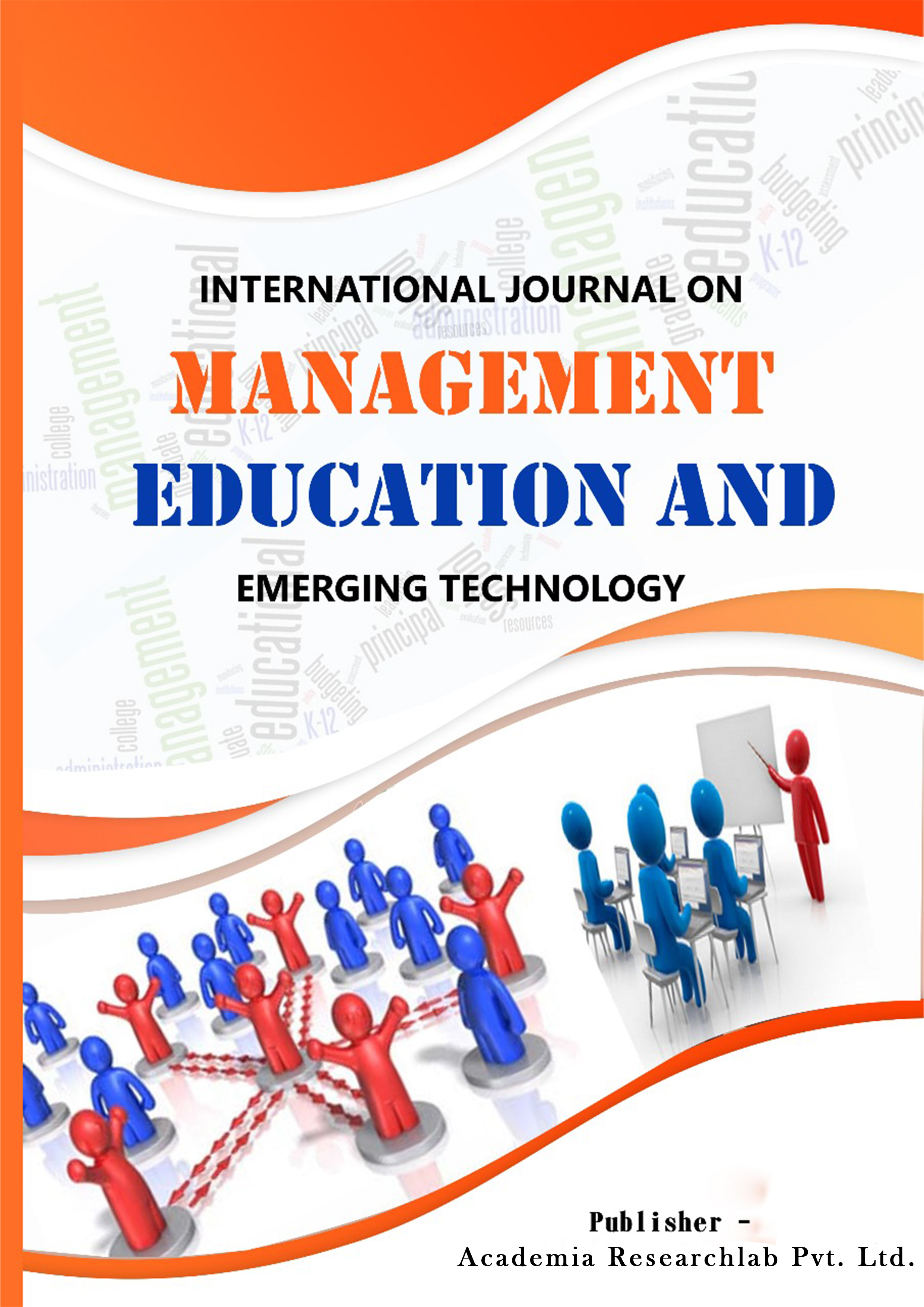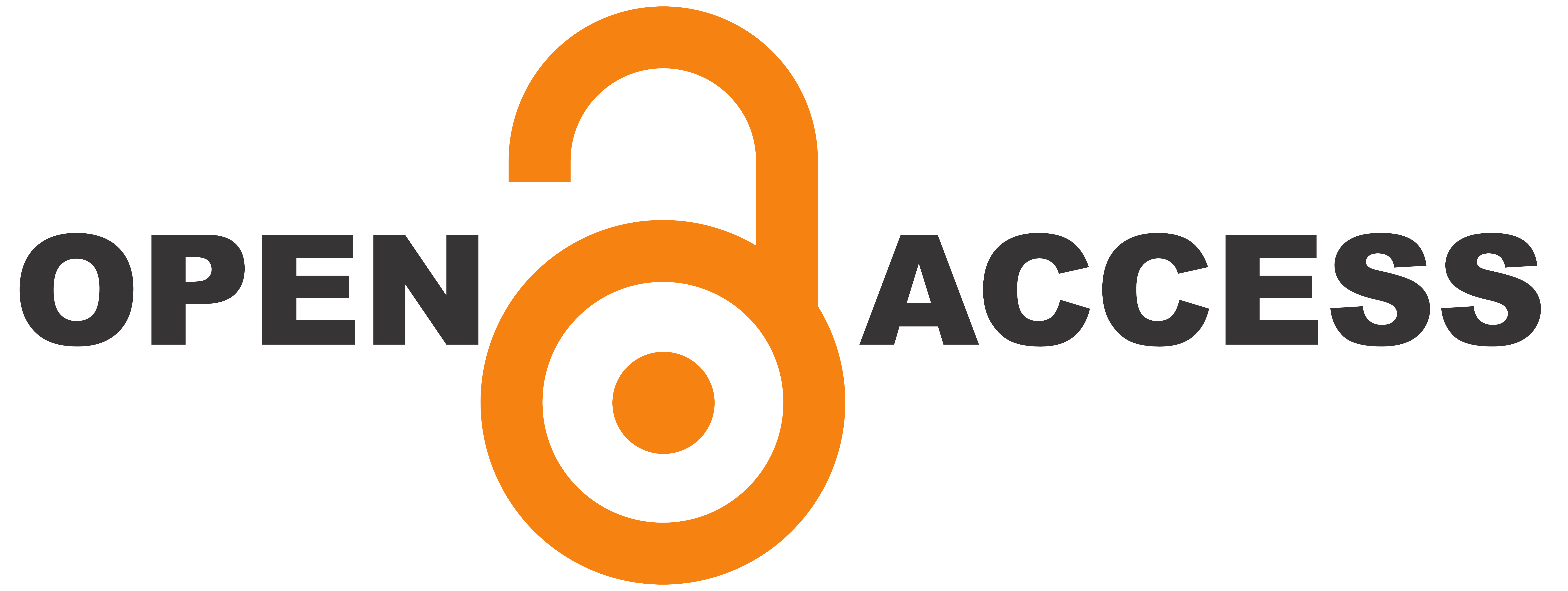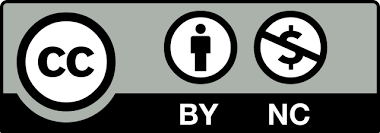Boosting Primary School Teachers' Self-Efficacy through the TPACK Framework: Insights from Tripoli, Libya
Keywords:
TPACK, self-efficacy, technological integration, educational technology, teacher trainingAbstract
This research investigates the adoption and effectiveness of the Technological Pedagogical Content Knowledge (TPACK) framework among primary school teachers in Tripoli, Libya, with a focus on the factors influencing its integration. As educational technology rapidly evolves, its effective incorporation into teaching is essential for enhancing teachers' self-efficacy and improving student outcomes. Using a mixed-methods approach, the study surveyed 750 primary school teachers across six districts in Tripoli, collecting data on self-efficacy, organizational support, technological access, and the perceived usefulness of educational technologies. The quantitative analysis utilized exploratory factor analysis, structural equation modeling (SEM), and path analysis to explore relationships and the mediating role of self-efficacy in TPACK adoption. Results indicate that self-efficacy plays a crucial role in enhancing teachers' confidence in using technology, particularly when teachers believe in their abilities. Moreover, the perceived ease of use and usefulness of technological tools were found to influence the effectiveness of technological support on TPACK integration. Qualitative data, derived from semi-structured interviews, shed light on the challenges and facilitators of TPACK adoption, such as limited infrastructure, insufficient training, and resistance to change. However, collaborative learning environments and strong organizational support were identified as key factors in overcoming these barriers. The study offers valuable implications for policymakers, educators, and administrators, emphasizing the need for targeted professional development, enhanced technological infrastructure, and fostering collaborative teaching practices. These measures will contribute to the effective integration of educational technologies and the improvement of teaching and learning outcomes in Libya's primary education system.
Additional Files
Published
How to Cite
Issue
Section
License
Copyright (c) 2024 International Journal on Management Education and Emerging Technology(IJMEET)

This work is licensed under a Creative Commons Attribution-NonCommercial-NoDerivatives 4.0 International License.





